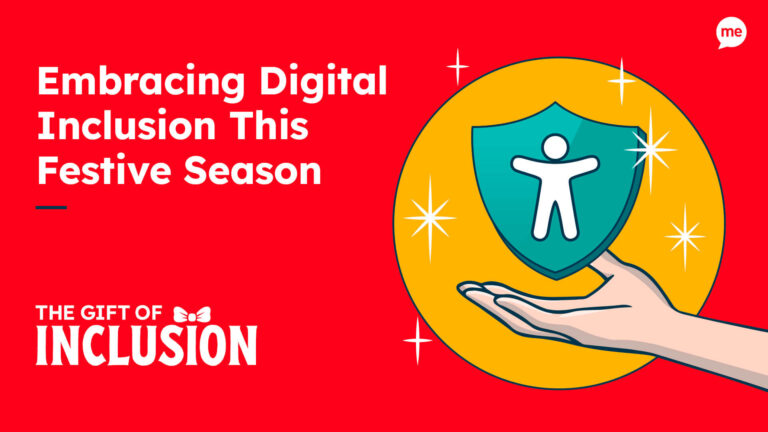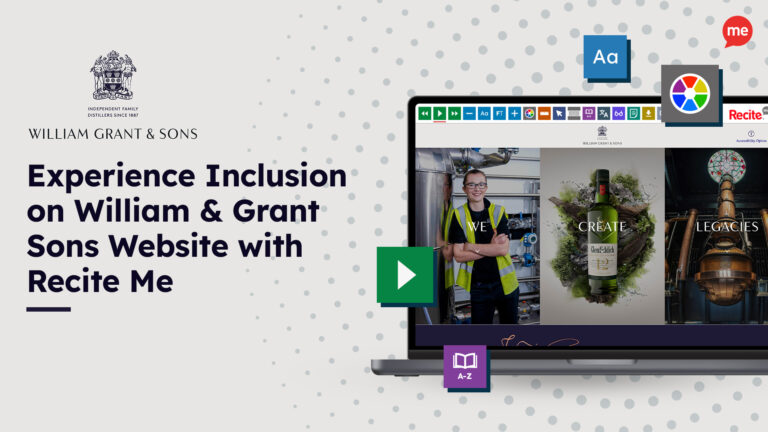The results of the latest Click-Away Pound survey show that nearly three-quarters of disabled online consumers (69%) will click away from websites that they find difficult to use due to the effect of their disability.
This represents 4.9 million online shoppers with a collective purchasing power of £17.1 billion, which is around 10% of the total UK online spend. To reiterate, this means UK retailers lose out on £17 billion every year by failing to meet the online needs of shoppers with disabilities.
Here’s our take away of six key points from the report.
The online spending power of people with access needs in the UK is now £24.8 billion.
The number of people with disabilities online with access needs has risen to 7.15 million. As this number has grown so has the combined spending power, to just under £25 billion. The size of this market underlines just how big the potential opportunities are for businesses to meet these access needs online.
The click-away pound in the UK stands at £17.1 billion
This statistic shows that UK businesses are missing out on a massive £17.1 billion each year because users click away from sites that aren’t accessible. It’s a strong reminder that investing in accessibility isn’t just the right thing to do—it’s essential for keeping customers and boosting revenue.
86% of users with access needs would spend more if there were fewer barriers
This statistic highlights the significant opportunity that accessibility offers to businesses. It shows that a large majority of users with access needs—86%—are willing to spend more money on websites that cater to their needs by removing barriers.
8% of users with access needs contacted the site owner about barriers they experience
This statistic shows that only a small fraction of users with access needs report barriers, meaning most issues go unnoticed and unresolved. It highlights the need for businesses to take a proactive approach to accessibility rather than waiting for feedback.
83% of participants with access needs limit their shopping to sites that they know are accessible
This statistic means that the majority of users with access needs actively choose to shop only on websites they know are accessible, highlighting how accessibility directly influences customer loyalty and purchasing decisions. It’s a clear reminder that making your site inclusive isn’t just nice—it’s what keeps customers coming back.
35% of users with access needs use a smartphone as preferred device for online shopping
This shows how important it is for businesses to ensure their websites are accessible via mobile devices, not just desktop PCs.
1000’s of organisations already use Recite Me to make their websites more accessible for people with disabilities. To find out more or to book a demo please contact the team now.






